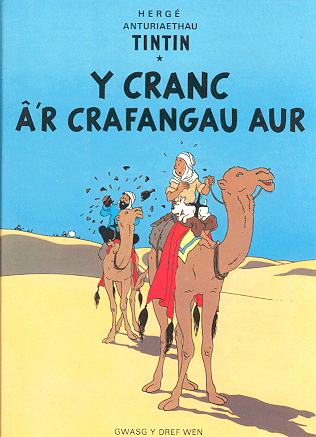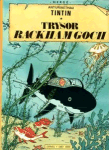| TINTIN LANGUAGES | |
| AFRIKAANS | |
| ALGUERES | |
| ALSATIAN | |
| ARABIC | |
| ASTURIAN | |
| BASQUE | |
| BERNESE | |
| BENGALI | |
| BRETON | |
| BULGARE | |
| CAMBODIAN | |
| CATALAN | |
| CHINESE | |
| CORSICAN | |
| CZECH | |
| DANISH | |
| DUTCH | |
| ENGLISH | |
| ESPERANTO | |
| FARSI | |
| FAEROESE | |
| FINNISH | |
| FRENCH | |
| FRIESIAN | |
| GALICIAN | |
| GALLO | |
| GAUMIAN | |
| GERMAN | |
| GREEK | |
| HEBREW | |
| HUNGARIAN | |
| ICELANDIC | |
| INDONESIAN | |
| ITALIAN | |
| JAPANESE | |
| KOREAN | |
| LATIN | |
| LUXEMBOURGER | |
| MALAYALAM | |
| NORWEGIAN | |
| OCCITAN | |
| PICARDY | |
| POLISH | |
| PORTUGUESE | |
| ROMANSCH | |
| RUSSIAN | |
| SERBO-CROAT | |
| SINHALESE | |
| SLOVAK | |
| SPANISH | |
| SWEDISH | |
| TAHITIAN | |
| TAIWANESE | |
| THAI | |
| TIBETAN | |
| TURKISH | |
| VIETNAMESE | |
| WELSH | |
| TOTAL 60 VERIFIED LANGUAGES | |
| RUMOURS | |
| MIRANDES | |
|
MONEGASCO |
|
| PROVENÇAL | |
| RUANDES | |
| MONEGASCO | |
| LINKS | CRAB MENÚ | CASTAFIORE MENU |
 |
WELSH | |||||||||||
|
||||||||||||
Welsh, the language of Wales, is spoken by about 600,000 people, or less than 25 percent of the Welsh population. Like Gaelic, spoken in Ireland and parts of Scotland, it is one of the Celtic languages, which constitute one of the many branches of the Indo-European family. Celtic tribes entered Britain sometime after the 5th century B.C. The Anglo-Saxon invasions many centuries later drove the Welsh into the west, where they retained their Celtic speech and remained a distinctive people. |
|
PUBLISHER GWASG Y DREF WEN |
|
ONLINE SHOPING |
|
LINKS
|


|
|
I'VE GOT THIS ONE | ! WANTED! |